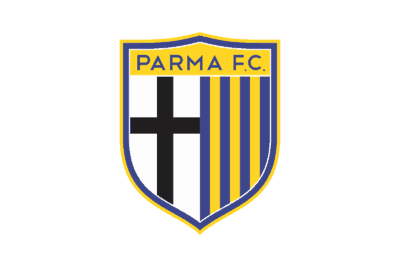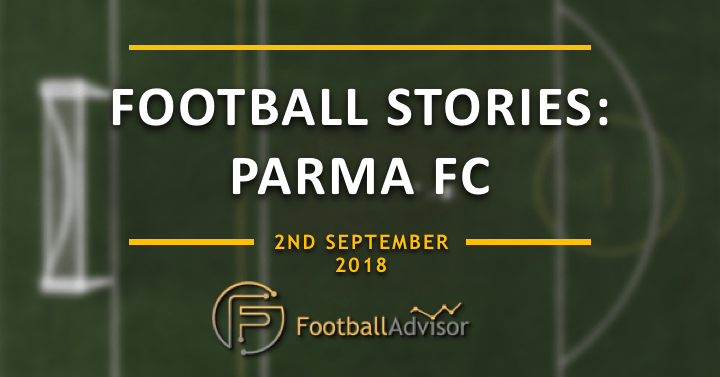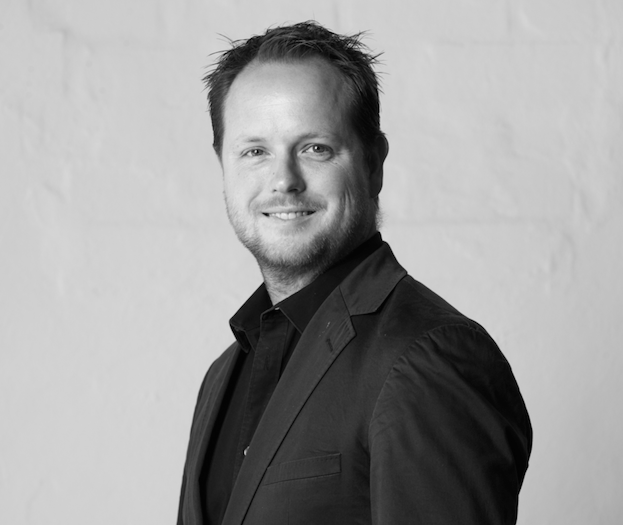
Football Stories – Provincial nobodies to European powerhouse
“Parma – Provincial nobodies to European powerhouse” was originally published on TheFootballExperience.com and was republished here with permission.

Parma 1990's
(Editor note, August 2018): at the time of writing Parma Calcio 1913, have now climbed back through the divisions, and are starting their first season in Serie A:)
A team now resigned to the wastelands of Serie D – the fourth tier of Italian football, Parma were once the beating heart of European dominance on Italian soil. After Nevio Scala was appointed as head coach in 1989, the club's fortunes started to change – under his leadership he led the northern Italian club to a historic promotion to Serie A ahead of the 1990 season.
In 1991, Parmalat a huge, multinational Italian dairy and food corporation invested heavily in the club which brought about the signatures of players which were more likely to appear for established Italian clubs like AC Milan and Juventus.
Before the multi-million euro Parmalat investment, Parma were a small-town yo-yo club languishing in the lowers divisions of Italian football during the 1970s and 80s with the club constantly dropping in and out of Serie B. With the new found wealth that the club had secured with a 98% takeover, Parma had one of its most successful seasons in its long history during the 1998-99 season. Parmalat's investment wasn't used purely in the transfer market – the club's youth system was overhauled which contributed vastly towards the titles they secured during that period – Parma produced players such as Italian legend Gianluigi Buffon and Luca Bucci who became two key components of their success.
With the Parmalat investment coming shortly after the promotion the club were able to attract a better calibre of player and qualified for the UEFA Cup in 1990/91 for the first time in their history. The team secured a sixth place finish after edging out Juventus into seventh place in what was an excellent maiden season in Italy's top flight.
Head coach Scala stayed with the club for a total of six years in which he transformed Parma into one of the dominant forces in Italian football. Although he never managed to win the league with the club, during his time at Stadio Ennio Tardini, Scala won the Coppa Italia in 1992, the Cup Winners' Cup and the European Super Cup in 1993, and the UEFA Cup in 1995 after defeating rivals Juventus 2-1 on aggregate.
Scala's time at Parma was up in June 1996 and was subsequently replaced by the cultured and mild-mannered Carlo Ancelotti who had just taken Reggiana to Serie A in his first season as a coach after securing fourth place – three points ahead of Salernitana to secure automatic promotion.
Despite recording a second place finish in the league which allowed the club to enter the Champions League for the first time, Ancelotti was replaced after just two seasons at the helm. His replacement, Alberto Malesani then went on to win a UEFA Cup and a Coppa Italia 1998-99 season, which was followed-up with a fourth place finish in the league.
During this period Fabio Cannavaro, Néstor Sensini, and Lilian Thuram ruled the back line with an iron fist, in front of Gianluigi Buffon who had already become one of the best goalkeepers in the game. The star studded squad featured the likes of Argentine Hernán Crespo, whose potent form helped propel Parma above the likes of Roma, Juventus (winners from the previous season) and Internazionale, who were league runners-up in 1997-98 .
He was without doubt a major reason for the success, but Crespo's goal tally would have been far less without the creative wizardry of countryman Juan Sebastián Verón (who would leave for Lazio the next summer) and Mario Stanić who would supply the balls for finishing.
Italian midfielder Dino Baggio was an important member of the team who bridged the gap between defence and attack with his combative box-to-box style and deep-lying play-making which allowed Crespo and Enrico Chiesa to be more lethal further up the pitch. Baggio's industrious displays (a style popularised by Yaya Touré and less recently Clarence Seedorf) allowed him to pop up with a couple of goals, which included a winning goal against former champions Juventus.
Despite Crespo finishing top scorer in a highly prolific season for him, Enrico Chiesa also scored his fair share of important goals during the season, including goals in both legs of the UEFA Cup semi-final against Atlético Madrid, as well as a goal in the 3-0 victory over Marseille in the Moscow final. He would eventually finish as the joint top scorer (with Tomasz Kulawik of Wisła Kraków) in the UEFA Cup with eight goals and 18 in total for the season.
Once the successful season came to an end, several of the winning squad started to leave including Chiesa to Fiorentina. Abel Balbo, Stanić as well as Verón who joined Lazio for £18.1 million, all left the club as they tried to rebuild. In 2000, Hernán Crespo was sold to Lazio for a world record transfer fee and Malesani was sacked despite a glowing record.
During this time chief financiers Parmalat were facing severe financial difficulties after mismanagement and allegations of financial fraud and money laundering. With the club being 98% owed by the company, Parma were also in an extremely delicate position and by 2004 were declared insolvent following the financial meltdown of Parmalat
The meltdown led to a re-founding of the club in June 2004, but without the financial backing of Paramlat, the club started to slip down the table which resulted in relegation to Serie B in the 2007/08 season under Domenico Di Carlo.
Sadly the troubles didn't end there for Parma despite an immediate return to Serie A. The club's ownership changed hands several times before another bankruptcy in March 2015 having failed to pay salaries for several months. Parma was declared bankrupt with debts of £278 million but were given special permission to finish the season which ended in just six wins and a 20th place at the bottom of Serie A.
The club was re-founded once again as S.S.D. Parma Calcio 1913 in July 2015 and joined Serie D – the fourth tier of football in Italy with the former European Powerhouse once again falling back into the mould of provincial nobodies for the foreseeable future.
Weekly Best Bets:
It is designed to be a really easy and enjoyable service to follow along with just a couple of emails a week and a handful of well researched and supported bets recommended to you each week. If this sounds like something you'd enjoy why not join us for the full European season for just £9.95 a month or £77 for the whole season.
Free Report:
Step by step guiding to building a successful and profitable betting portfolio. Download for free here
“Parma – Provincial nobodies to European powerhouse” was originally published on TheFootballExperience.com and was republished here with permission.

Jon is the Founder and Chief Tipster at Football Advisor and Predictoloy. He started life as data analyst in the digital marketing field before find his true calling in the world of Football and Horse Racing Betting.
Jon has been sharing his professional expertise since 2009 and specialises in using objective data analysis and subjective experience of betting built up over more than a decade of professional betting.
In 2014, Jon also launched (and continues to run) the trusted Football Advisor service service which provides a variety of football and horse racing betting models and portfolios. A few years later, Jon launched the Predictology platform which is the worlds first betting system builder and analyser covering a wealth of football betting related statistics covering more than 200,000 matches.
Jon has also lent his knowledge and expertise to several of the trusted Premium Services offered by the respected Secret Betting Club, including Football Lay Profits. Racing Bet Profits and, most recently, Racing Lay Profits.

